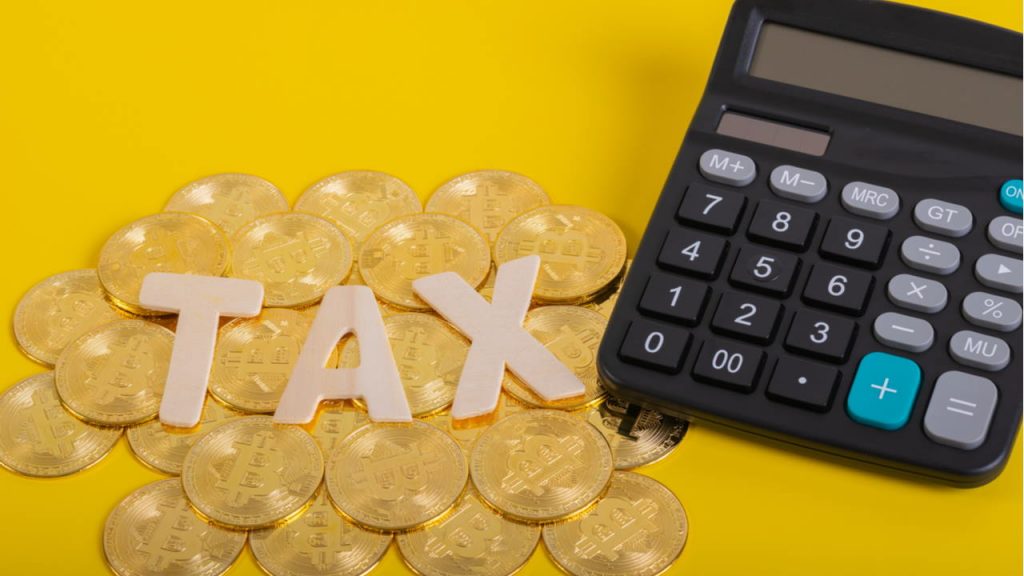Cryptocurrency. We discuss it, we argue it, and many people have invested in it. However, everyone appears to be perplexed about it. Simply explained, cryptocurrencies are decentralized digital currencies designed to be used via the internet. Blockchain technology verifies cryptos, which are mostly anonymous.
India’s Cryptocurrencies
Crypto fever is spreading in India, as it is in the rest of the world. Do you want proof? India has the world’s biggest number of cryptocurrency owners. With cryptocurrencies, NFTs, and Web3 emerging as the next big thing, there is a lot of buzz about cryptocurrency as an asset class.
However, as buying, selling, mining, forking, and other crypto activities become more popular, the ambiguity surrounding crypto taxes grows.
These concerns grew louder, and in Budget 2022, Finance Minister Nirmala Sitharaman included a new Section 115BBH for bitcoin, NFT, and Virtual Digital Assets taxation.
So, What are the obstacles to bitcoin compliance in India? Let us investigate.
Tax Rate Ambiguity:
There was no clarification regarding tax rates on crypto earnings until Budget 2022. With the implementation of Section 115BBH in fiscal year 2022-23, crypto profits will be taxed at a 30% rate.
Furthermore, 1% TDS will be imposed on bitcoin transactions that surpass INR 10,000 per year.
The ITD’s lack of support and clarity:
Even after the Budget was announced, there was no clarification on the income head for cryptocurrency revenue. While many people believe that gains from cryptocurrency trading should be declared as capital gains income, others argue that they should be recorded as income from other sources.
Uncertainties about Income Head:
Because of the confusion around crypto tax in India, many taxpayers failed to disclose or incorrectly report their bitcoin income when filing their ITR. As a result, the Income Tax Department sent notices to taxpayers.
Because signing up for a crypto exchange platform necessitates completing the KYC process, all transactions are visible to the ITD by PAN, Aadhaar, or connected bank account. If you traded cryptocurrency but did not record it on your ITR, the ITD can now give you a notice dating back up to eight years.
Although there is some uncertainty about which income head should crypto trading be taxed under, the notice appears to consider it under the heading ‘Capital Gains’. However, it is not stated directly in the Income Tax Act. According to one school of thinking, it should be classified as ‘income from other sources’ because it is taxed similarly to activities such as lottery, gambling, and so on.
P&L Report:
While crypto platforms have made trading and investing in crypto much easier and more fluid in recent years, there are still noticeable gaps in the P&L reports.
Multiple crypto portfolio aggregators allow crypto investors and traders to join their wallets and generate an aggregate Tax P&L report across all domestic and international wallets and exchanges.
Binocs allows you to import trades from all of your crypto wallet taxes. Its own tax engine will compute the cost basis across all of your possessions.
